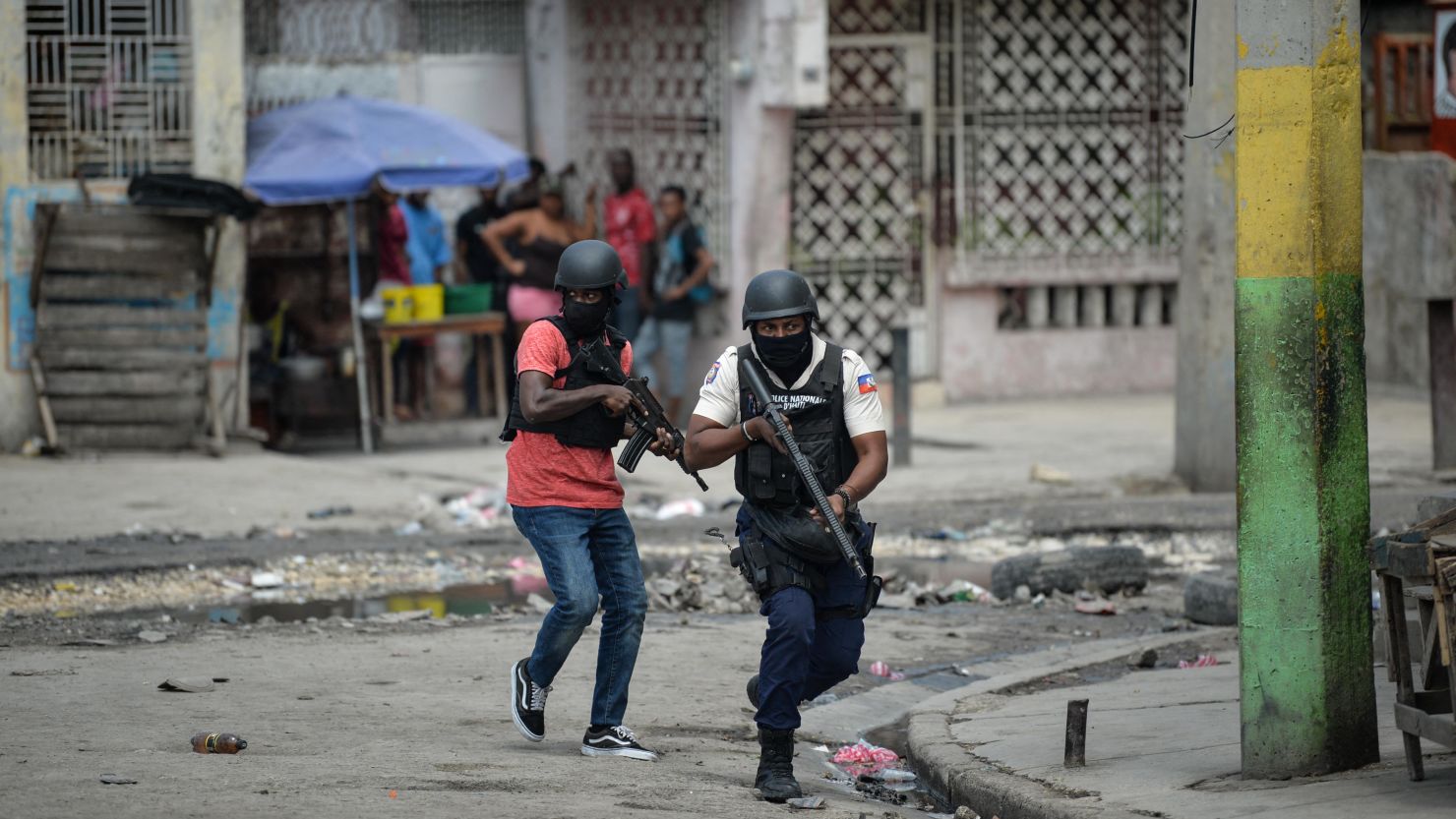What are the potential long term effects of non state armed groups on Haytian society?
By: Daniel Silva
October 18, 2024

What are the potential long term effects of non state armed groups on Haytian society? The potential long-term effects of non-state armed groups on Haytian society could be severe and wide-ranging:
1.Erosion of democratic institutions:
•Armed groups have been interfering with elections through voter intimidation, ballot vandalism, and disruption of political rallies. This undermines the democratic process and weakens legitimate governance.
2.Perpetuation of political instability:
•The symbiotic relationship between gangs and political actors creates a cycle of violence and corruption that destabilizes the government.
3.Humanitarian crisis:
•Gangs are causing widespread displacement, with over 500,000 people internally displaced. This could lead to long-term demographic shifts and urban planning challenges.
•Attacks on hospitals, schools, and aid convoys may result in long-term health and education crises.
4.Economic devastation:
•Gang control over strategic resources and key transport routes hinders economic activities and freedom of movement. This could lead to prolonged economic stagnation and increased poverty.
5.Normalization of violence:
•The prevalence of gang violence, including systematic sexual violence and child recruitment, may normalize these behaviors, potentially creating a long-term cycle of trauma and violence.
6.Weakening of law enforcement:
•With gangs attacking and destroying police stations, the ability of legitimate law enforcement to function is severely compromised, potentially leading to long-term security challenges.
7.Social fragmentation:
•Gang control over specific neighborhoods and the emergence of self-defense groups like “Bwa Kale” could lead to increased social division and mistrust between communities.
8.Brain drain and loss of human capital:
•Ongoing violence and instability may drive skilled professionals and educated youth to leave the country, depleting Hayti’s human resources for future development.
9.Entrenched criminal economy:
•The increasing financial autonomy of gangs through activities like drug trafficking, extortion, and kidnapping could create a parallel economy that’s difficult to dismantle.
10.International isolation:
•The security situation may deter foreign investment, tourism, and international cooperation, potentially isolating Hayti on the global stage.
11.Cultural and historical loss:
•Attacks on cultural institutions and the destruction of important documents could result in a loss of national heritage and historical memory.
12.Psychological trauma:
•Widespread exposure to violence, especially among children, could lead to long-term mental health issues across the population.
These effects are interconnected and could create a complex, long-term crisis that would be challenging to resolve without significant, sustained intervention and support.
Copyright and License Information
We or our licensors own and control all of the copyright and other intellectual property rights in the website and the data, information, and other resources displayed by or accessible within the website.
4.1 Creative Commons
The content on this website is available under a Creative commons – Noncommercial License, unless specified otherwise.
- For more information, please visit our Terms and Service page.
